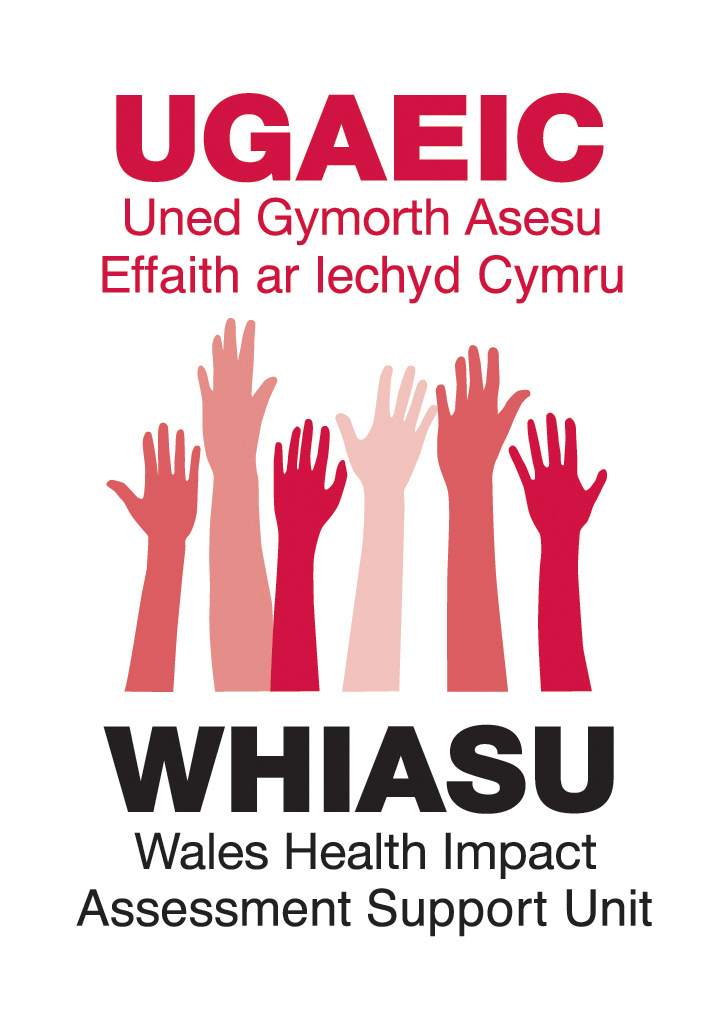Dates: – TBC
Venue: TBC
Cost Day 1 only – £95 (CIEH members) £135 (non members)
Days 1 & 2 – £200 (CIEH members) £260 (non members)
This course is aimed at officers such as EHP’s and EH Managers, planners, regeneration officers and other staff who will need to understand and be capable of contributing to, or in some cases, conducting a Rapid HIA and appreciate how to use the findings in practice. Having increased insight into HIA will prepare officers to respond to the introduction of statutory HIA in Wales for public bodies as outlined in the Public Heath (Wales) Act 2017 (specific circumstances to be determined in the forthcoming regulations). In addition elements of the course will support relevant officers to interpret the introduction of the concept of ‘population health’ within Environmental Impact Assessment (EIA) following the EU Directive.
How does the course work?
To complete the full competency training delegates need to attend for the 2 days and submit an assignment. Successful delegates will receive a Certificate of Competency for Rapid HIA. Delegates can register for Day 1 only and following attendance would receive a Certificate of Attendance only. Day 1 & 2 must be taken on the same course – delegates may not switch between cohorts or venues.
Day 1 of the course is designed to provide insight into the process and principles that underpin Health Impact Assessment (HIA). The learning from Day 1 is then strengthened through the undertaking of a Rapid Desk Top HIA assignment.
The learning outcomes include:
- Understands the purpose of HIA
- Know the policy drivers that support the use of HIA
- Know the benefits and outcomes that HIA can achieve
- Understand the HIA process and methods
- Know how HIA can be applied in a range of contexts
- Understands the ethical principles and values that inform HIA
- Know the resource, skills and knowledge requirements for completing a HIA – and where your skill set is relevant
- Identify opportunities for using HIA in practice
- Applying the learning through undertaking a Rapid HIA.
Day 2 provides an opportunity for attendees to demonstrate their learning and reflect on their experience of applying HIA within the context of their work, it involves:
- Reviewing submitted Rapid HIAs, focusing on issues identified,
- Gaining experience from the HIAs carried out by other participants,
- Allowing for discussion of the system in greater detail.
Time line:
The course has been designed to allow a draft assignment to be submitted and assessed in order to provide additional guidance to strengthen both your learning and final assignment.
Time line Outline:
Day 1 Full day attendance by all delegates
4 weeks Pre-submission of assignment
6 weeks Feedback and comments from assessors returned to delegates
(participants will have 2 weeks to make revisions)
8 weeks Final submission of assignment following revisions
10 weeks Day 2 review and reflections
11-12weeks Final feedback and results sent to delegates
The Assignment:
Delegates will be required to undertake a rapid desk top Health Impact Assessment and submit a short report about it. It can be on any subject or topic area relevant, or directly related to, your work practice. It can be retrospective, concurrent or prospective (further insight is provided on the pre-course instructions) You are expected to use the methodology, format and tools as outlined in WHIASU’s ‘Health Impact Assessment: A Practical Guide’ (WHIASU, 2012) to complete this assignment. The maximum word count for the assignment is 5,000.This includes the main body of the text including headings and titles. It excludes any title page or contents page, tables, appendices and references.
Why HIA?
This is a good time to be developing your skills and knowledge in HIA with the passage of the Public Health Act (Wales) 2017 which makes HIA a statutory assessment. In addition there is the new EU directive for EIA which has expanded the focus on health and wellbeing to consider population health. Health Impact Assessment (HIA) is a process which supports organisations to assess the potential consequences of their decisions on people’s health and well-being. It is increasingly recognised and understood that all policy areas have an impact on individuals and communities health and wellbeing outcomes. The Welsh Government has focused on a Health in All Policies (HiAP) approach and recognises HIA as a key tool to be used to raise awareness and increase understanding across sectors on how policies, programmes and services impact on health and wellbeing. In Wales, HIA assesses the implications for health and wellbeing through the broad lens of the wider determinants of health and contributes to a reduction in health inequalities and inequities. HIA is advocated for and implemented at both strategic and operational levels across land use, planning, housing, waste, transport, regeneration and health sectors.
HIA provides a systematic yet flexible and practical framework that can be used to consider the wider effects of local and national policies or initiatives and how they, in turn, may affect people’s health and wellbeing. An HIA gathers and assesses a range of evidence and this is then used to build in measures to maximise opportunities for health and wellbeing, to minimise any risks and inform the decision making process. It also provides a way of addressing the inequalities in health that continue to persist in Wales. It does this through collaboration and co-production which is built into the HIA process.
If you require further details on future dates please click here to contact the WHIASU team.
